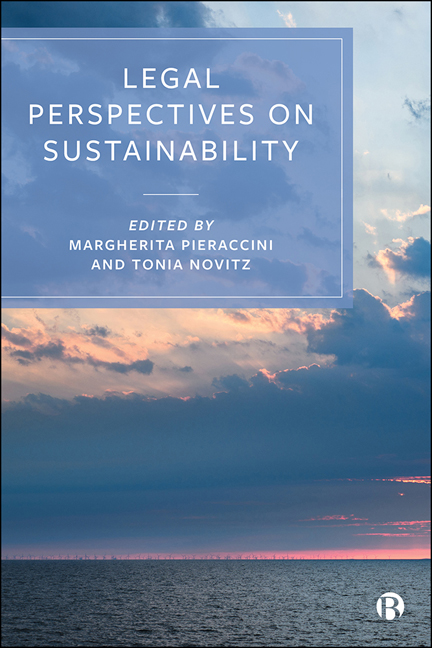3 - Accounting for Climate Change: Rethinking the Chaotic Corporate Reporting Landscape and Its Purpose, with the UK”s Failure as a Case Study
Published online by Cambridge University Press: 03 March 2021
Summary
Introduction
Climate change is a global crisis, largely resulting from human action, that threatens the continued existence of human, animal and plant life on the planet and requires a global solution in response (Vitousek and Mooney, 1997; Spratt and Dunlop, 2018). The Special Report on Global Warming, published by the Intergovernmental Panel on Climate Change (IPCC, 2018), highlighted the urgency of the need to reduce carbon emissions by approximately 45%, in order to limit global warming to 1.5°C above pre-industrial levels by 2030, to be cut to zero carbon by 2050. This lends support to the 2030 Agenda for Sustainable Development and the Sustainable Development Goals (SDGs) of 2015, especially SDG 13, on urgent action to combat climate change. SDG 13 highlights the relevance of climate change for sustainability. Indeed, the United Nations (UN) observes that climate change ‘presents the single biggest threat to sustainable development everywhere and its widespread, unprecedented impacts disproportionately burden the poorest and most vulnerable’. This observation leads the UN to conclude that ‘urgent action to halt climate change and deal with its impacts is integral to the successful implementation of the Sustainable Development Goals’ (UN, nd).
That evidence also makes even more imperative acceptance of the message of the Paris Agreement 2015, which came into force in November 2016, calling for an internationally coordinated effort to tackle climate change. Although, as a primarily soft law instrument, it has weaknesses (Rajamani, 2016; Lawrence and Wong, 2017), the contribution of the Paris Agreement is that it highlights the need, urgently, to strengthen the global response to the threat of climate change and to eradicate poverty. The Paris Agreement sets out commitments to hold the increase in the global average temperature to well below 2°C above pre-industrial levels and pursue efforts to limit the temperature increase to 1.5°C above pre-industrial levels, to increase the ability to adapt to the adverse impacts of climate change and to foster climate resilience and low greenhouse gas emissions development. Some scientists suggest that these measures might not be enough to stem the accelerating climate impacts or prevent us passing the critical thresholds that threaten catastrophe (Spratt and Dunlop, 2018: 1), but the Paris Agreement does enable us to appreciate the enormity of the challenge climate change presents.
- Type
- Chapter
- Information
- Legal Perspectives on Sustainability , pp. 69 - 100Publisher: Bristol University PressPrint publication year: 2020

